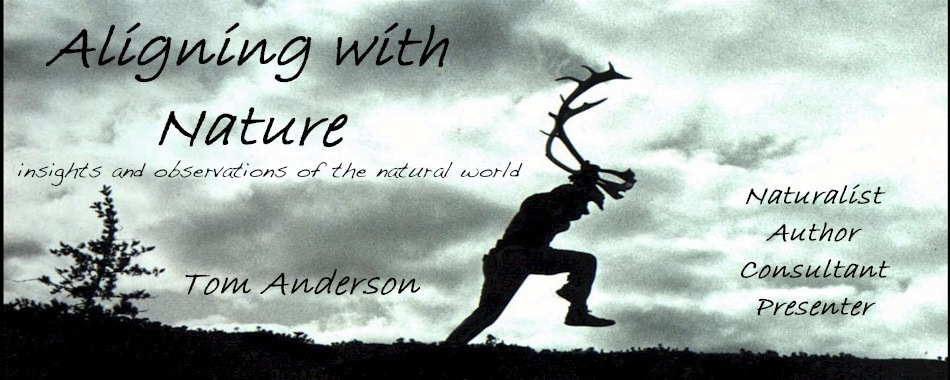Quietly Cleaning Ears

C
Miss Nancy and I walked down the sloping bedrock to the lake’s edge to watch the final minutes of the sun’s descent into the boreal horizon. The lake was glass. We quietly took our seats on a log, that could just as well have been a church pew, and absorbed the complete silence and alpenglow. Sitting still in the presence of a wild or almost wild setting washes me with a calmness and a sense of the sacred like nothing else can.
Being close to the end of summer in the Boundary Waters Canoe Area in northern Minnesota, there was no end-of-the-day Swainson’s thrush symphony. No loon music. No trilling of tree frogs. The calendar is well beyond the chorus of a spring bird or frog breeding season where pleas and territorial declarations are noisy affairs. Out here I can put the raucous modern world on mute and listen to the same silence experienced by the first peoples.
As the sun disappeared Miss Nancy quietly announced, “We’re washing our ears.” With the inflection of a question, I repeated her declaration, “Washing our ears?”
She shared that she had just read the description from the book she had brought along on the canoe trip. Titled, Free Play: Improvisation in Life and Art, the author, Stephen Nachmanovitch, charges that “free play” is the essence of our being, something we were born with then strive to recapture.
Nachmanovitch often performed solo violin concerts. But what made them unique is that he improvised each concert. He had no planned playlist. Took no requests and had no agenda. He simply followed his heart and creativity at each performance. As a performing musician, sound in the form of music was his product. Nachmanovitch found it necessary to occasionally seek the silent places to “clean his ears.”
Silence is nearly an extinct experience. And for many, when they do experience the enveloping dominance of quiet, they become unnerved by it.
“Cleaning our ears” swabs away the incessant infection of clatter and babel and allows us to tune into ourselves, humanity and natural systems. Priorities become more clear.

We live in a world of noise. While our electrical devices hearken us with appeals to buy, to not engage or to click “like,” the natural world, all on its own, reminds us not to grow distant. The further we move from the quiet beginnings of our own evolutionary path, the quicker we are blanketed by numbness and uncaring.
We have evolved to listen. . . to pay attention. Our survival depended on it. We have partnered and lived hand-in-hand with the noises of the natural world for more than 99% of our human history. I believe our need to seek silent places is as powerful as the need for a salmon to leave the ocean and return to its birth stream.
There is no need to escape far into a wilderness to find serenity. It is important that we discover or create even small islands quietude. These are the places where we ponder things greater than us, where we nurture our sense of peace, and where we mine our imagination. Our thoughts and meditations need to be touched by the sound of rustling leaves, running or falling water, cricket and bird music.
As I write these words from our small screen house in the woods, I can hear the distant motorized thrum a quarter-mile away on a paved county road. As if on cue, a faint breeze has put the overhead tree leaves into a slight tremble that whispers “Hussssshhhhhh.”

